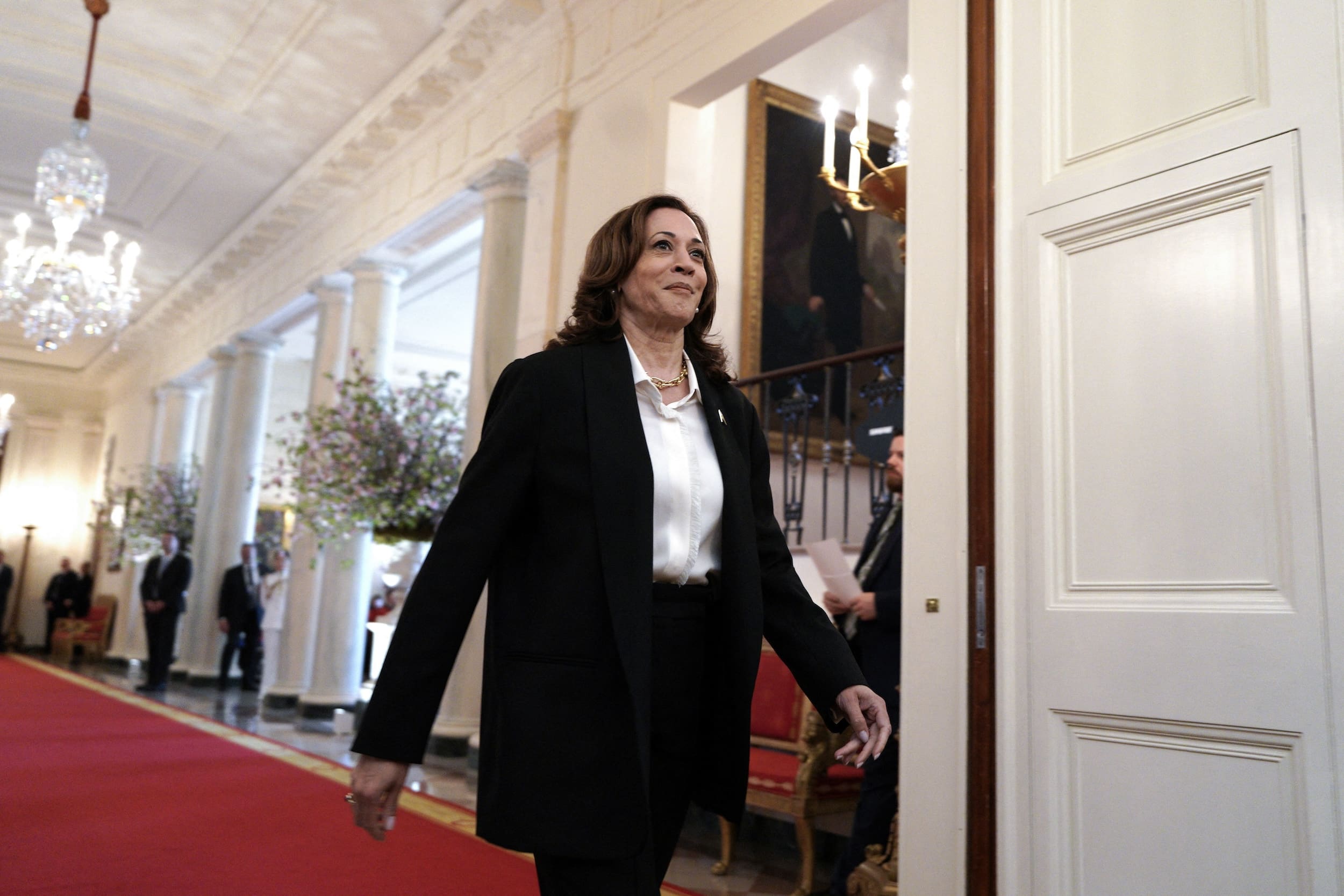Wisconsin Gov. Evers blocks tax cuts for rich and boosts school funding in state budget

Josh Israel
Republican state lawmakers are furious.
Democratic Wisconsin Gov. Tony Evers used his line-item veto powers on Wednesday to change the budget passed by the Republican-controlled state Legislature to eliminate tax cuts for the rich and to increase public education funding. Wisconsin Republicans are livid.
The Wisconsin Legislature passed a $99 billion biennial budget in late June, proposing $3.5 billion in income tax cuts that would mostly have benefited the richest taxpayers. Under the Republican plan, individuals earning over $304,170 annually would have seen a 1.15% income tax rate reduction, while those earning below $13,811 would have seen their tax rate cut by just 0.04%.
According to the Wisconsin Examiner, the 11 Wisconsin taxpayers who make over $75 million would have received an average tax cut of $1.8 million.
Evers deleted more than 50 line items in the budget, including the income tax cuts benefiting those in the top two tax brackets while leaving tax cuts in place for everyone else.
He blocked proposals to cut funding for the University of Wisconsin System’s efforts to improve diversity and to restrict Medicaid funding for gender-affirming care.
He also creatively used his authority to remove numbers and words from a section that aimed to increase public school funding by $325 per pupil for the 2023-24 and 2024-25 school years. By striking out the “24,” the “20,” and the hyphen, he was able to amend the budget to increase funding annually through the year 2425.
“I object to the failure of the Legislature to address the long-term financial needs of school districts,” Evers wrote in his veto message. “This veto makes no changes to the per pupil revenue limit adjustment provided in the 2023-24 and 2024-25 school years and provides school districts with predictable long-term spending authority increases.”
The Legislature could block these changes by overriding the line-item vetos by a two-thirds supermajority vote in each chamber, but Republicans do not currently have the votes to do that.
Wisconsin Republicans responded with fury to Evers’ maneuvers.
Assembly Speaker Robin Vos said in a statement: “Legislative Republicans worked tirelessly over the last few months to block Governor Evers’ liberal tax and spending agenda. Unfortunately, because of his powerful veto authority, he reinstated some of it today.”
Vos predicted: “Wisconsin property taxpayers will also bear the burden of Gov. Evers veto regarding per-pupil school funding. By allowing this level into the future, homeowners will experience massive property tax increases in the coming years.”
Assembly Majority Leader Tyler August wrote: “I am extremely disappointed that Evers not only broke our deal on school funding, but also stuck the hardworking taxpayers of WI w/ a massive tax increase. Evers’ line-item veto is in stark opposition to the GOP historic tax cut, which would have been the largest in state history.”
In a press statement, Republican Party of Wisconsin Chair Brian Schimming simultaneously claimed credit for his party’s role in writing the budget and attacked Evers for blocking tax cuts for the highest earners:
Tony Evers is once again signing the Republican-crafted budget, which not only made historic investments but prioritized Wisconsin taxpayers. Wisconsin Republicans deserve praise for historic K-12 funding, school mental health, special education, and the largest expansion of school choice since the Thompson administration, and monies for housing that will help our workforce. Yet, despite 26 months of real wages and savings declining for Wisconsin workers, Tony Evers took an axe to the GOP-authored tax cuts — cutting the historic $3.5 billion tax cuts by 95% — which would offer workers, farmers, families, and small businesses relief after months of rampant inflation and economic uncertainty.
Rick Champagne, director and general counsel for the nonpartisan Legislative Reference Bureau, told the Milwaukee Journal Sentinel that the 400-year extension of education funding falls within Evers’ powers.
“Both are allowable under the constitution and court decisions on partial veto. The hyphen seems to be new, but the courts have allowed partial veto of punctuation,” Champagne said.
Published with permission of The American Independent Foundation.




